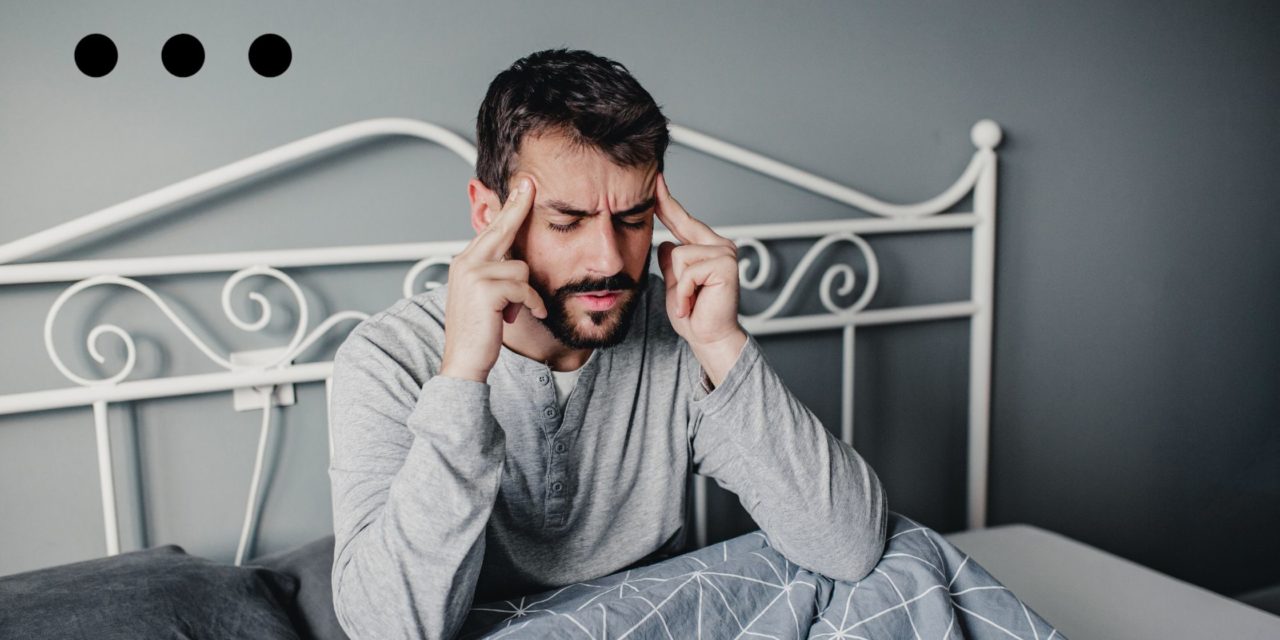A hangover is a physical and emotional reaction to drinking too much alcohol, usually due to binge drinking. If you have ever had one, you know they’re not a pleasant experience. Additionally, much has been said about how they progressively worsen. This article will explore the risk factors for severe hangovers and whether it is indeed true that they get worse with age.
Factors That Influence An Hangover
Due to our genetic expression everybody metabolizes alcohol differently, so everyone will react differently to the same amount of alcohol. However, some risk factors may lead to a stronger hangover.
These are the most significant factors:
- Not eating before drinking: the lack of food speeds up the absorption of alcohol.
- Using other drugs while drinking: combining drugs may lead to a more potent hangover. Also, it increases the risk of overdosing on certain medications such as sleeping pills like Ambien.
- Poor sleep: combining binge drinking with poor sleep will lead to a stronger hangover the following day.
- A family history of alcoholism: a family history of alcoholism may hint at a genetic predisposition for poor alcohol processing.
- Having darker-colored drinks: darker alcoholic beverages tend to have more congeners, byproducts of the alcohol fermentation process. Congeners are more likely to lead to a stronger hangover.
With these risk factors in mind, let’s explore why hangovers may worsen over time.
Do Hangovers Get Worse With Age?
There may be evidence for and against hangovers getting worse over time. For example, a study on nearly 800 Dutch people indicates hangovers improve over time. In addition, the researcher concluded that “hangover severity declines with age,” even after controlling for the amount of alcohol consumed and estimated blood alcohol concentration.
Some reasons hangovers may feel worse when they may not be worse include:
- Changes in our body’s water absorption over time affect how alcohol is processed.
- We may not clearly remember how bad our past hangovers were.
- Having less free time and more responsibilities interrupts our recovery, making us perceive the hangover is more severe.
That said, there are undeniable reasons why hangovers may get worse over time. Specific biological processes for alcohol processing become less effective with age. Our kidneys, for example, become less effective at clearing creatinine, a waste product.
Our liver’s capabilities also decrease. The liver is our bodies’ primary detoxifier, and its capabilities to process alcohol do get worse over time. So if a man in his 60s drinks the same amount he used to drink in his 20s, it’s likely that he’ll suffer from a slower processing time and a more severe hangover.
The more efficient and extensive blood flow of a younger body and higher tissue sensitivity reduce the severity of hangovers.
Finally, there are two more factors. One is that as we age, more comorbidities tend to appear, meaning that we tend to suffer more simultaneous illnesses. Certain illnesses may affect our relationship with alcohol, but so may the medications we take to manage those illnesses. And as we mentioned before, certain drugs do not mix well with alcohol.
The last factor to consider is “subjective intoxication” or “subjective response to alcohol,” one of the most significant experts has identified. Regardless of your tolerance level, if you drink more than you usually do, your likelihood of suffering a hangover, and a more severe one at that, increases.
A combination of subjectively high amounts of alcohol and decreased organ function may lead to worse hangovers over time.
Ultimately, hangovers are complex, and there is evidence that they get more severe as we age for various reasons. Therefore, considering all the factors we’ve discussed here when evaluating the severity of our current and future hangovers is essential.
But naturally, the best way to avoid their side effects is to avoid drinking enough for hangovers to appear or take steps to minimize their severity.
How To Minimize The Severity Of Hangovers?
There are multiple ways to make hangovers less severe. The most effective methods include:
- Eat and stay hydrated before drinking.
- Drink water or soft drinks while you consume alcohol.
- Avoid downing shots too eagerly.
- In the morning, eat a substantial breakfast and hydrate abundantly.
- Set a drinking limit and stick to it.
- Aim for no more than one drink per hour.
Hangovers are inevitable if you drink enough. However, your body can only process so much at once, so establishing a moderate drinking pace and only drinking what you can handle are good strategies to practice. Combined, they reduce the severity of hangovers and may even avoid them altogether.
The Bottom Line
There’s evidence to suggest that hangovers get worse with age, and there are multiple factors.
However, if the problem comes down to excessive drinking, you need to work on that above everything else. If that’s the case for you, seek treatment options for alcoholism before it gets out of hand.

